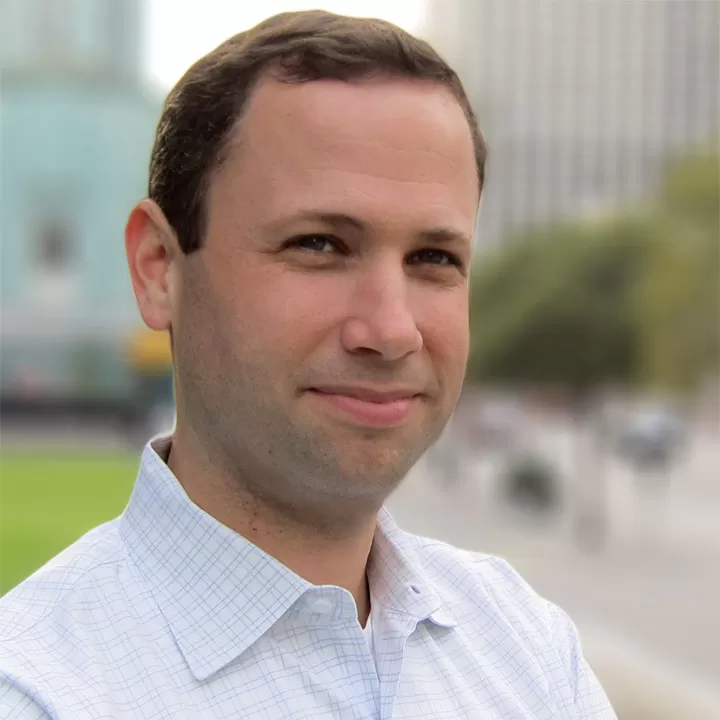Jonathan Nettler has lived and practiced in Boston, Washington D.C., San Francisco, New York, and Los Angeles on a range of project types for major public, institutional, and private developer clients including: large scale planning and urban design, waterfront and brownfield redevelopment, transit-oriented development, urban infill, campus planning, historic preservation, zoning, and design guidelines.
Jonathan is a member of the American Institute of Certified Planners (AICP) and serves on the Board of Directors for the Los Angeles section of the American Planning Association (APA) as the Vice Director for Professional Development. He is also active in local volunteer organizations. Jonathan's interests include public participation in the planning and design process, the intersection between transportation, public health and land use, and the ways in which new ideas and best practices get developed, discussed, and dispersed.
Jonathan previously served as Managing Editor of Planetizen and Project Manager/Project Planner for Ehrenkrantz Eckstut & Kuhn (EE&K) Architects. He received a Master of Arts degree in Architecture from the University of California, Los Angeles and a Bachelor of Arts degree in History from Boston University.
What's More Dangerous - Cycling or Watching TV?
As Britain confronts the silent epidemic of inactivity and obesity, Peter Walker examines how the invisible dangers of a sedentary lifestyle are compared to the more publicized risk of injury from activities designed to get people moving.
Is a Highway Teardown in Store for New Orleans?
Thanks to a $2 million federal grant, New Orleans is embarking on a study focused on improving the city's Claiborne Avenue corridor, which sits adjacent to an elevated stretch of Interstate 10. The project's public outreach effort begins next month.
Urban Planning Becomes a Weapon in Syrian Civil War
It's still far from clear what the political outcome of Syria's civil war will be. But for the country's built environment, the effects are stunningly evident. Millions of buildings have been damaged or destroyed since March 2011.
How Will Travel Change in the Next Decade?
Driverless cars, 'super elite" fliers, and more rail for everyone; these are among the predictions from experts for how travel in the United States will change over the next decade.
Sandy's Enduring Environmental and Public Health Disaster
The raw and partially treated sewage that has for the past month, and continues to, flow into the New York region's waterways "will be one of the most enduring and expensive effects of Hurricane Sandy," reports Michael Schwirtz.

























